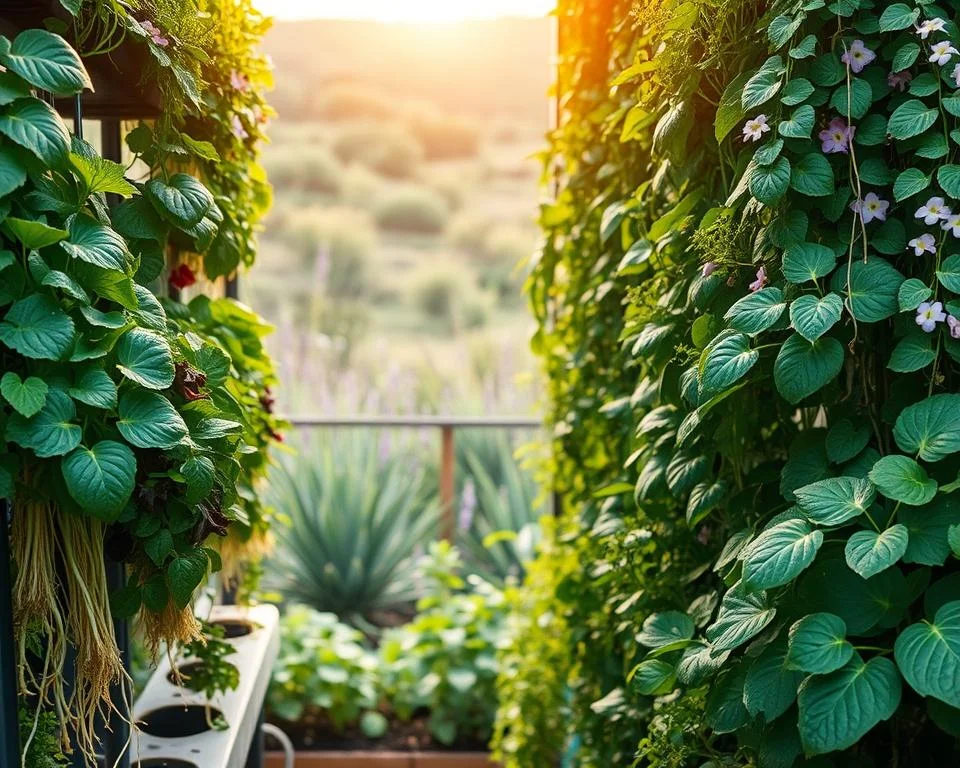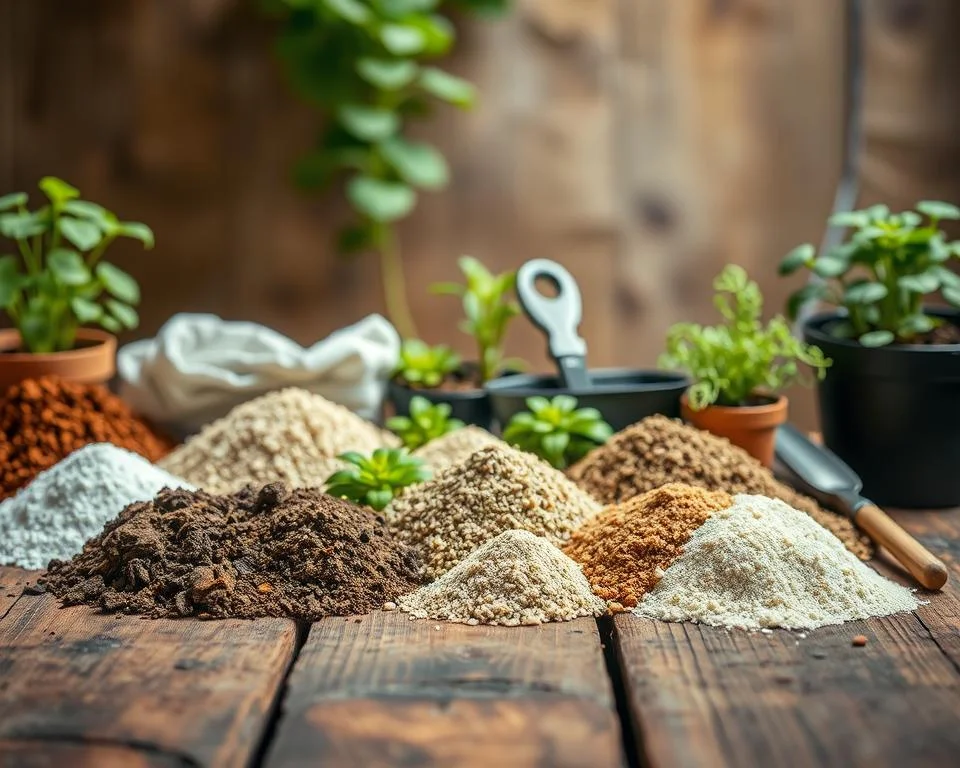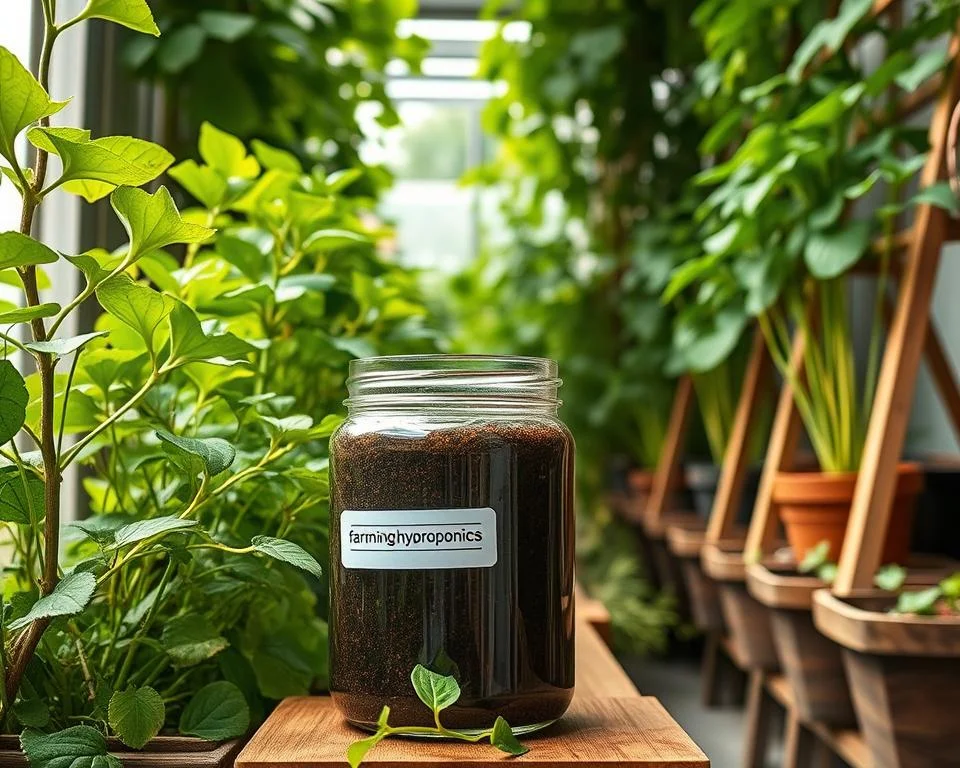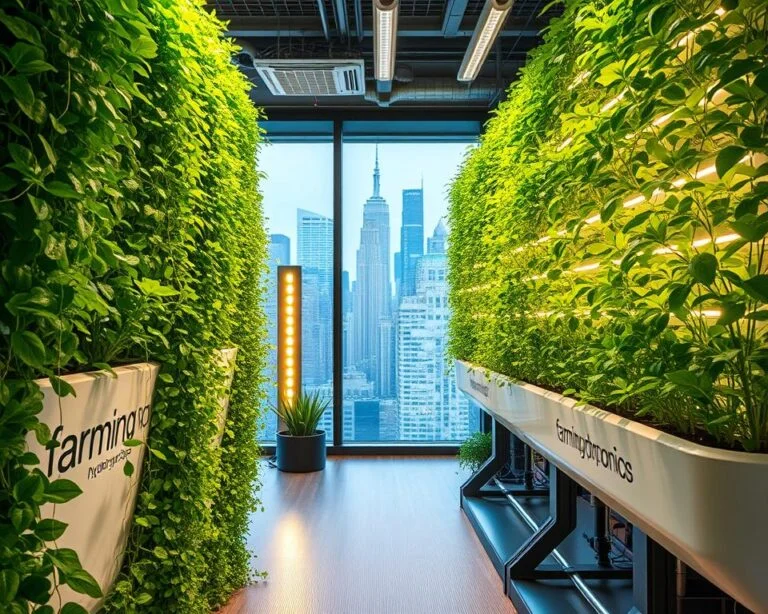How to Make Organic Fertilizer for Your Vertical Garden
Growing food in small urban spaces has changed my gardening. At first, my vertical garden had poor soil and weak plants. But making organic fertilizer helped, turning my garden into a lush spot for fresh food.
Making your own organic fertilizer is more than just feeding plants. It’s about growing healthy food in a green way. With kitchen scraps, you can make fertilizers that help your plants grow strong without chemicals.
The key to a great vertical garden is knowing how natural fertilizers help your plants. Using organic nutrients turns your small space into a productive garden.
Key Takeaways
- Organic fertilizers provide balanced nutrition for vertical-gardens
- Homemade solutions reduce gardening costs
- Natural ingredients improve soil health long-term
- Sustainable agriculture starts with conscious fertilization
- Small spaces can produce abundant, nutritious crops
Understanding the Importance of Natural Fertilization in Vertical Gardens
Vertical gardening is a smart way to grow plants in small spaces. Natural nutrients are key to making your garden healthy and sustainable.
Benefits of Natural Nutrients for Space-Saving Gardens
Natural nutrients are great for your vertical garden. They offer benefits that synthetic fertilizers can’t:
- Enhance soil structure and water retention
- Promote beneficial microbial activity
- Support long-term plant resilience
- Improve overall garden ecosystem
Environmental Impact of Organic Solutions
Choosing organic nutrients is more than just gardening. It helps reduce chemical runoff and protects water. Sustainable practices in vertical gardening make the environment healthier by cutting pollution and supporting natural cycles.
Cost-Effectiveness of DIY Fertilizers
Making your own organic fertilizers can save money. While it might cost more upfront, DIY nutrients have long-term benefits:
- Reduced need for frequent fertilizer purchases
- Lower chemical treatment costs
- Improved plant health and productivity
- Decreased dependency on commercial fertilizers
By using natural nutrients and sustainable gardening, you can make your vertical garden a thriving, eco-friendly space.
Essential Nutrients Your Vertical Garden Needs

To make your vertical garden thrive, you must know about natural plant nutrition. Plants need a mix of nutrients to grow well. Just like us, they need specific things to grow strong.
Soil amendments and biofertilizers are the heart of a good vertical garden. Let’s look at the key nutrients that will make your small garden come alive.
Primary Nutrients: The Powerhouse Trio
- Nitrogen (N): Crucial for leaf growth and chlorophyll production
- Phosphorus (P): Supports root development and energy transfer
- Potassium (K): Regulates water uptake and disease resistance
These nutrients are the base of plant health. They help with growth, flowers, and fruit in your vertical garden.
Secondary Nutrients and Micronutrients
| Nutrient Category | Key Elements | Primary Functions |
|---|---|---|
| Secondary Nutrients | Calcium, Magnesium, Sulfur | Cell wall strength, chlorophyll production, enzyme activation |
| Micronutrients | Iron, Manganese, Zinc, Copper | Supporting metabolic processes, enzyme functions |
Getting the right balance of nutrients is crucial. Regular soil tests and careful management help your plants get what they need.
Types of Organic Fertilizer for Small-Space Growing
Vertical gardening needs special care for nutrients. The right organic fertilizer can make your small garden thrive. Each type of fertilizer has its own benefits for your plants.

Organic farming gives many nutrients for your garden. Let’s look at the best natural ways to feed your plants:
Kitchen Waste-Based Fertilizers
Turn kitchen scraps into compost for your plants. This is a green way for gardeners to feed their plants.
- Banana peel fertilizer rich in potassium
- Coffee ground nutrients for nitrogen
- Eggshell calcium supplements
“Compost is black gold for gardeners” – Sustainable Gardening Expert
Plant-Based Natural Solutions
Plant fertilizers are a green way to feed your garden. They give balanced nutrients without harmful chemicals.
- Seaweed extract minerals
- Bone meal phosphorus boost
- Wood ash potassium source
Animal Manure Composting
Composting manure makes a strong fertilizer for gardens. Each animal gives different nutrients.
| Animal Source | Nutrient Profile | Best Use |
|---|---|---|
| Chicken Manure | High Nitrogen (4-3-3) | Leafy Vegetables |
| Horse Manure | Balanced Nutrients | Flowering Plants |
| Cow Manure | Moderate Nutrients | Root Crops |
Using these organic fertilizers will make your garden rich in nutrients. Your vertical garden will thrive.
DIY Organic Fertilizer Recipes and Methods
Turning your vertical garden into a nutrient-rich paradise starts with natural plant nutrition. Kitchen waste can be turned into organic fertilizers. Making homemade fertilizers lets you recycle household materials. It also gives your plants the nutrients they need.
Compost tea is a top DIY fertilizer method. Steep one part compost in ten parts water for a few days. This creates a liquid full of nutrients for your plants.
Banana peels and coffee grounds are great for fertilizers. Grind banana peels to release potassium. Steep coffee grounds to get nitrogen, phosphorus, and other minerals.
Eggshells are another great nutrient source. Crush them into a fine powder and sprinkle around plants. This provides calcium that strengthens cell walls.
Vegetable cooking water is also a bonus fertilizer. It keeps vitamins and minerals that nourish your plants. Just remember, avoid over-fertilizing to keep your plants healthy.
Your vertical garden can thrive with these simple, sustainable fertilizer techniques. By using natural plant nutrition, you’ll create a greener growing space. It will have healthier, more vibrant plants using kitchen resources.







